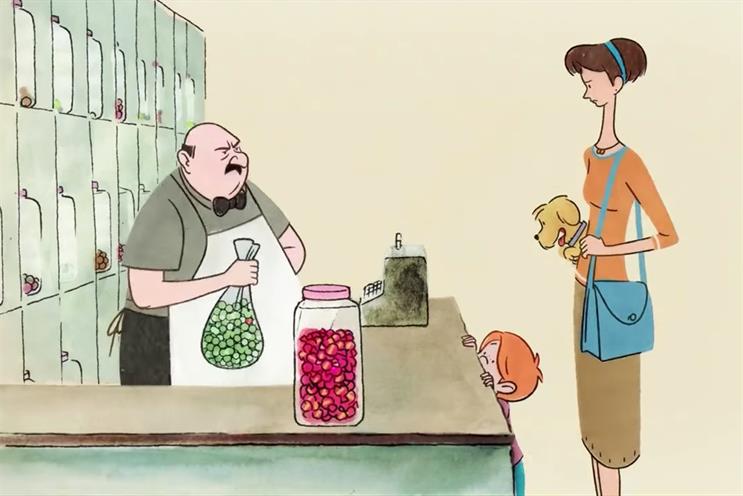
Brands and investors are placing a renewed premium on creativity but they increasingly want agencies that can produce dynamic, data-driven, personalised content and can integrate creative with other disciplines such as media, data and even public relations.
That’s according to Julie Langley, a partner at M&A advisory company Results International, who said there has been what she called "a refocusing on creative as an absolutely must-have capability" in the past three or four years.
However, she warned of "a move away from a traditional way of thinking about creative" as advertisers are asking for "more dynamic content at higher volume" that is "more personalised to suit the way the consumer is now engaging with brands".
She added there is much more interest from potential buyers in how an agency works with an advertiser – for example, putting staff on-site in the client’s office – as in-housing has taken off.
Langley, who was talking at ±±ľ©Čüłµpk10’s Breakfast Briefing, "Getting creative: rebooting the ad agency model" in partnership with Results International in London, said creative agencies took a back seat in the M&A market for much of the period between 2000-2015 as the ad industry focused on technology but the past few years have seen an "upturn" in such acquisitions.
Whereas the big holding companies bought up most of the established ad agencies between about 1985 and 2000, there is now "a completely different universe" of new entrants including Accenture Interactive, Deloitte, Stagwell Group, Blue Focus, Kyu, S4 Capital and You & Mr Jones, she said.
"It demonstrates there is real demand and a value put on highly strategic thinking and an innovative approach to content and to engaging with the consumer. The opportunity is there. The tricky bit for agencies is adapting the way they work to suit how advertisers want to work with their agencies," she added, referring to recent internal mergers such as WPP’s creation of Wunderman Thompson as an example of how disruption is affecting established players.
Bringing creativity and data together
Victor Knaap, chief executive of MediaMonks, said his content production company surveyed 100 chief marketing officers after merging with S4 Capital last year and found they need help to handle "the enormous explosion of content" and to bring together creativity and data, instead of the disciplines being in conflict.
Knaap said he still loved "the big hero film" but "the next step should be that we are as proud of the 1.7-second ad that is on Facebook" and it should have "as much love as that film on a bigger screen". Super-short video ads can be as "effective and good", he suggested.
Lucinda Peniston-Baines, a co-founder and managing partner of The Observatory International, which has advised Daimler and BP recently on agency relationships, said brands "are looking for an agency ecosystem that can give them every single possible advantage" at a time of "massive" disruption in practically every sector.
"If agencies are feeling pain, it’s because they are feeling their clients’ pain," she said, adding that some global brands are turning to a holding company solution because they need better integration – both when it comes to providing a joined-up experience for consumers and simplifying the agency roster.
Mel Edwards, global chief executive of Wunderman Thompson, voiced similar sentiments and dismissed the suggestion that financial reasons drove the merger to create her agency.
"Prospective clients are asking for a ‘digital-first creative agency’ or a ‘mobile-first starting point for our advertising’, which is a definite shift from what was there before," she said.
Other speakers included Simon Martin, founder of in-house agency specialist Oliver, and his client, Keith Gulliver, head of marketing transformation, social media and content at TSB.
Gulliver said TSB’s in-house content agency works faster because it is on-site but stressed the need to have a mix of the bank’s own staff as well as Oliver’s employees.
"It would be very difficult for that type of talent and creative capability just to be dropped into a bank and left to survive," Gulliver said. "It needs some love and investment."




.jpg)
.jpeg)
